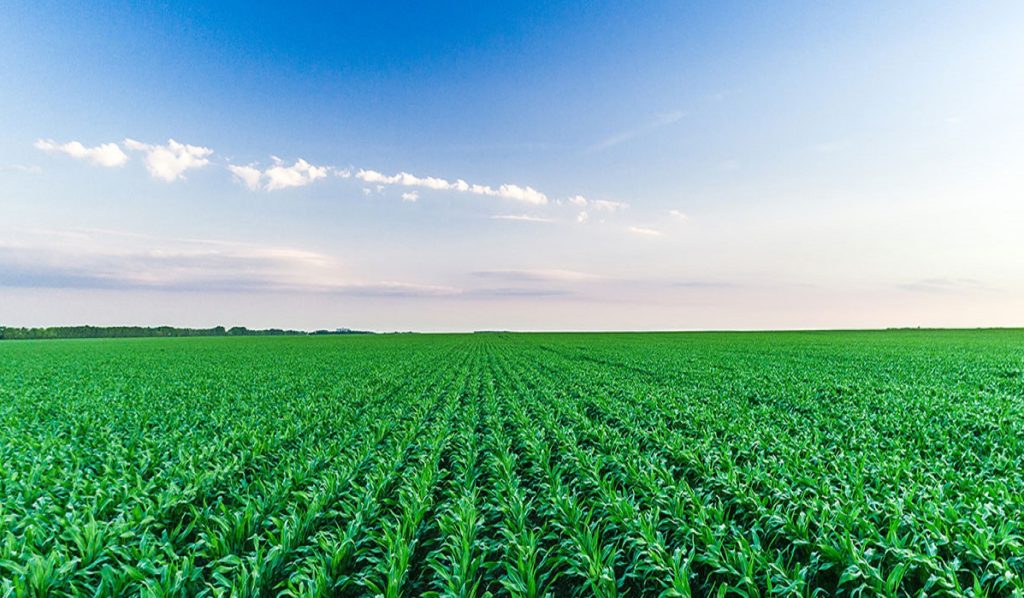In a bold bid to counter raising hunger on the African continent and boost food security, a coalition of multilateral development banks and partners has pledged over US$17 billion in financing.
On the final day of a two-day high-level dialogue titled “Feeding Africa: Leadership to Scale Up Successful Developments,” these funds were pledged.
In collaboration with the Forum for Agricultural Research in Africa (FARA) and the CGIAR System Organization, the Africa Development Bank and the UN International Fund for Agricultural Development (IFAD) hosted the event.
In addition, 17 African heads of state committed to doubling current agricultural productivity by scaling up agro-technologies, investing in market access, and encouraging agricultural research and development.
At the conclusion of the case, the different parties signed a communiqué setting out these commitments.
More than US$10 billion in pledges came from the African Development Bank, which said it would spend US$1.57 billion over the next five years to scale up 10 priority commodities. This will assist countries in being self-sufficient.
Over the next five years, another $8.83 billion will be spent on developing solid supply chains for these goods. Programs to provide opportunities for young people, especially women, would be part of this.
“Let us now build a stronger partnership: a partnership for greater scale; a partnership to bring technology and inventions to hundreds of millions of farmers,” African Development Bank President Dr. Akinwumi A. Adesina said.
Over the next three years, the International Fund for Agricultural Development (IFAD) plans to provide an additional US$1.5 billion to Africa to finance national efforts to improve food and agricultural systems.
In addition, the International Fund for Agricultural Development (IFAD) would spend more in creating the conditions for improved agricultural productivity. The organization is assisting in the development of an increasing pipeline of investments in the Sahel region to restore land, create employment, and construct climate change resilience. This will help to achieve the goals of the Green Great Wall which will generate 10 million jobs in the area by 2030.
“We applaud African leaders for their determination to boost agricultural productivity and enhance food security for millions of Africans,” IFAD President Gilbert F. Houngbo said. “By modernizing African agriculture, small-scale farmers would be better able to provide more accessible food to customers while also providing decent livelihoods for millions of young Africans involved in food production, storage, and marketing.”
The Arab Bank for Economic Development in Africa (BADEA) has pledged up to US$1.5 billion in agriculture funding between 2020 and 2024. In the next three years, the Islamic Development Bank Group plans to invest US$3.5 billion in Africa’s agriculture sector. These investments, according to the study, would help to grow commodity value chains for both staple foods and cash crops.
In a further show of support, the Bill and Melinda Gates Foundation announced that it would spend US$652 million over the next three years, entering a group of development partners. This will help Africa’s agricultural research and development efforts. With this funding, 300 million farmers are projected to benefit from a slew of new technologies.
It was decided that this would be a good way to scale up climate resilience and proven agricultural technologies. It would provide farmers in Africa with digital technologies, allowing countries to better address malnutrition and child stunting.
Despite having a quarter of the world’s arable land, Sub-Saharan Africa generates just 10% of the world’s agricultural production. African agriculture is uncompetitive due to the poor productivity of staple crops. As a result, one-third of the calories consumed on the continent are imported. Food networks become more fragile and reliant on external food supply chains as a result of this.
The results of this week’s Leaders’ Dialogue will be sent to the UN Secretary General as Africa’s commitments for the UN Food Systems Summit in September. They will pave the groundwork for Africa to speak with one voice in order to increase efforts and collaborations in order to meet the Sustainable Development Goals by 2030.
